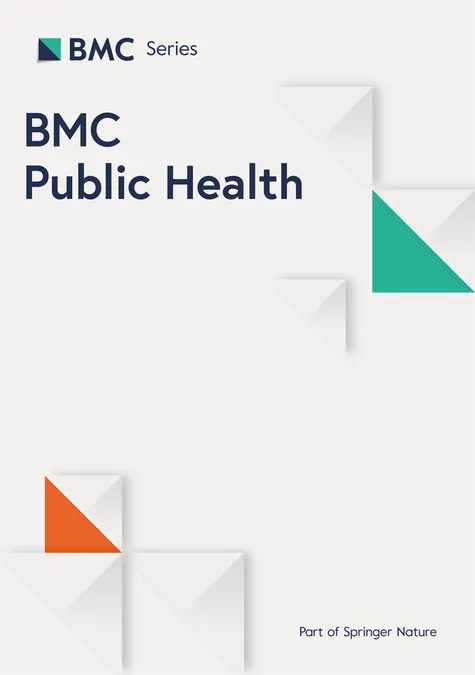
Shocking Insights: Traffic Accidents and Mild Brain Injuries - What You Need to Know!
2025-04-24
Author: Noah
Understanding Mild Traumatic Brain Injuries (mTBI)
Mild traumatic brain injuries, commonly known as concussions, are alarmingly prevalent among individuals involved in traffic accidents. However, the frequency with which these injuries lead to extended sickness absence (SA) has not been thoroughly examined. This article delves into a recent Swedish study that sheds light on the implications of mTBI following road traffic incidents.
The Study: A Nationwide Investigation
Conducted between 2014 and 2016, this nationwide register study focused on working-aged individuals in Sweden, aged 18 to 63, who suffered mTBI due to traffic accidents. Researchers analyzed over 6,000 cases, examining various factors including age, gender, and type of traffic involvement. The objective? To uncover how often these injuries result in sickness absence exceeding two weeks and to identify patterns related to individual demographics and injury types.
The Findings: Startling Statistics
Out of 6073 participants, approximately 12% experienced a new SA spell lasting more than 14 days. Alarmingly, women, older individuals, and those born outside Sweden were found to be at higher risk. Furthermore, car occupants demonstrated heightened odds of prolonged absence compared to other road users.
The Bigger Picture of mTBI and Traffic Accidents
Traumatic brain injuries remain a pressing global health concern, with mTBI making up over 90% of reported cases. Many injuries from traffic accidents often bring not just physical health impacts, but psychological and emotional consequences that can inhibit individuals from returning to work. Despite mTBI's classification as a generally benign injury, the reality is that certain groups are disproportionately affected.
Not Just an Injury: The Hidden Epidemic
The term 'silent epidemic' is frequently associated with mTBI due to the often invisible cognitive and emotional effects that may linger for months or even years. Symptoms such as headaches, anxiety, and irritability could lead to prolonged absences, impacting not only the individual but also their families and workplaces.
Who Is Most Affected?
The study found significant trends: women and older adults, especially those requiring hospital care, are more likely to experience longer sickness absence. For instance, individuals hospitalized post-injury were three times more likely to miss work compared to those treated as outpatients.
Implications for the Future: What Can Be Done?
Given these findings, it is vital for healthcare and policy stakeholders to address the ongoing risks, particularly for vulnerable populations. Educating the public about the severity of mTBI and implementing preventive measures on the roads could pave the way for reducing incidences and promoting faster recovery.
Conclusion: Awareness is Key!
As this Swedish study highlights, while the majority of individuals may recover quickly from mTBI, a significant minority face serious, long-term challenges. Increasing public awareness and improving support systems for those affected by mild traumatic brain injuries could ensure that individuals not only recover physically but are also supported through their return to everyday life and work.









 Brasil (PT)
Brasil (PT)
 Canada (EN)
Canada (EN)
 Chile (ES)
Chile (ES)
 Česko (CS)
Česko (CS)
 대한민국 (KO)
대한민국 (KO)
 España (ES)
España (ES)
 France (FR)
France (FR)
 Hong Kong (EN)
Hong Kong (EN)
 Italia (IT)
Italia (IT)
 日本 (JA)
日本 (JA)
 Magyarország (HU)
Magyarország (HU)
 Norge (NO)
Norge (NO)
 Polska (PL)
Polska (PL)
 Schweiz (DE)
Schweiz (DE)
 Singapore (EN)
Singapore (EN)
 Sverige (SV)
Sverige (SV)
 Suomi (FI)
Suomi (FI)
 Türkiye (TR)
Türkiye (TR)
 الإمارات العربية المتحدة (AR)
الإمارات العربية المتحدة (AR)